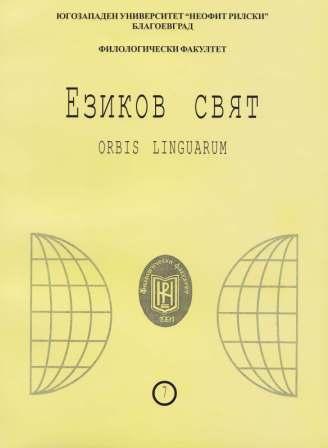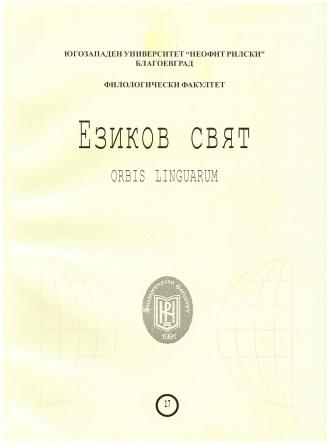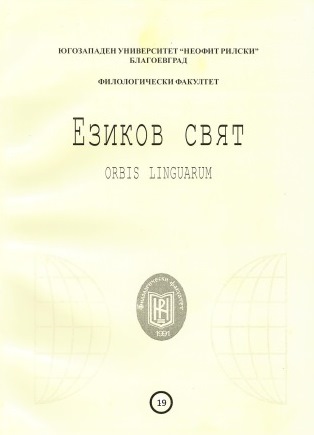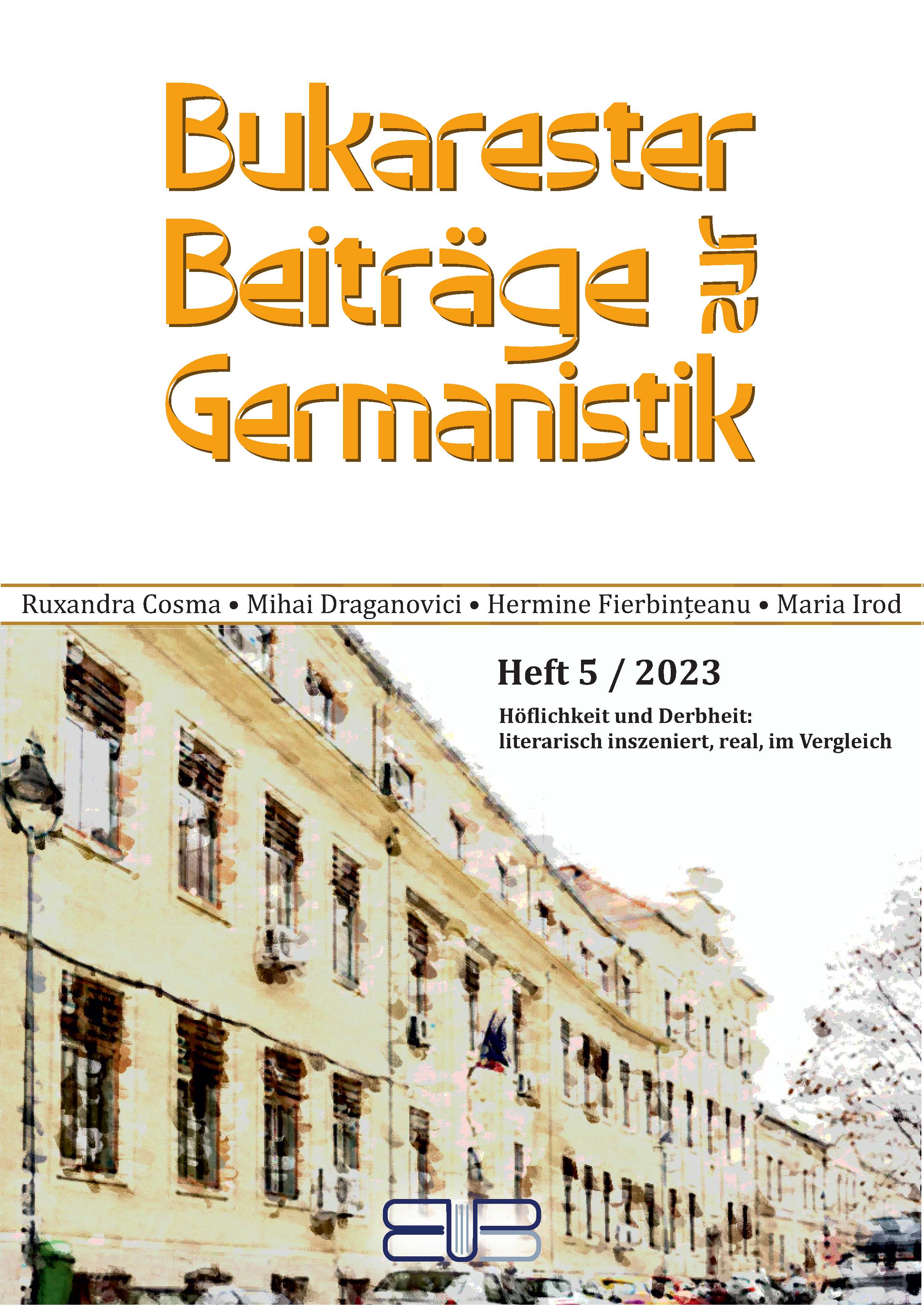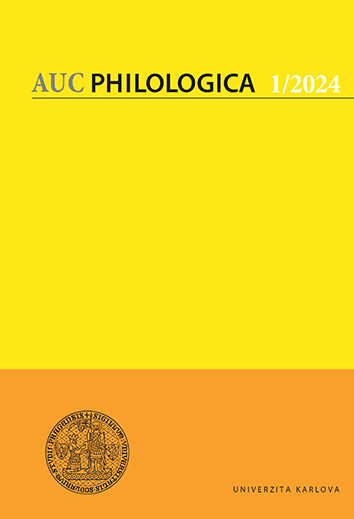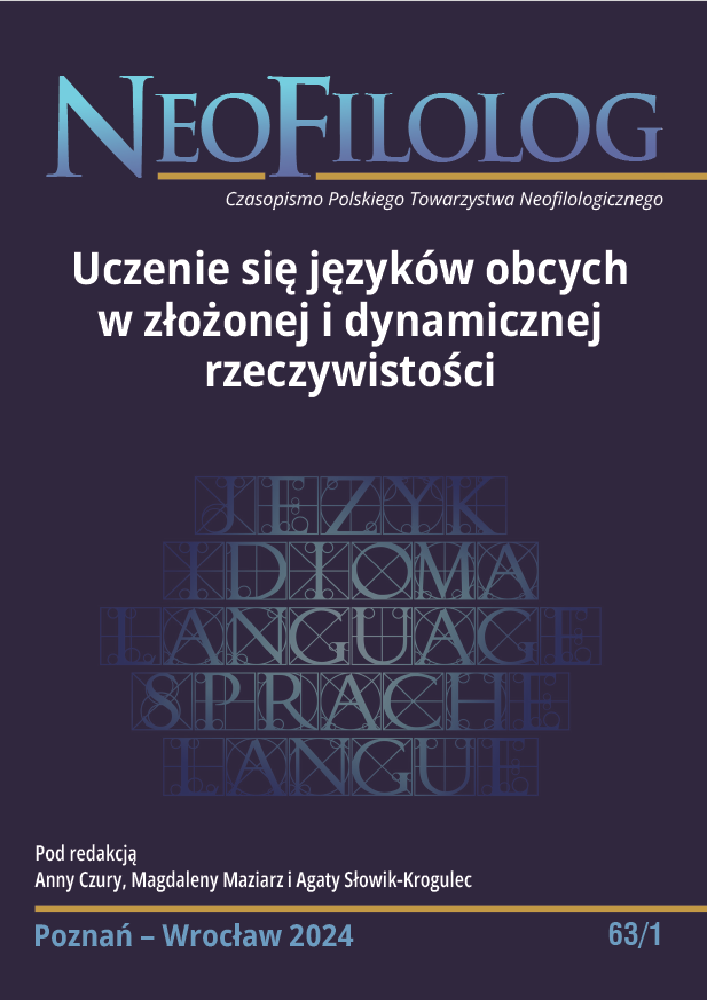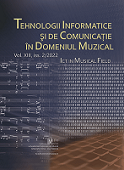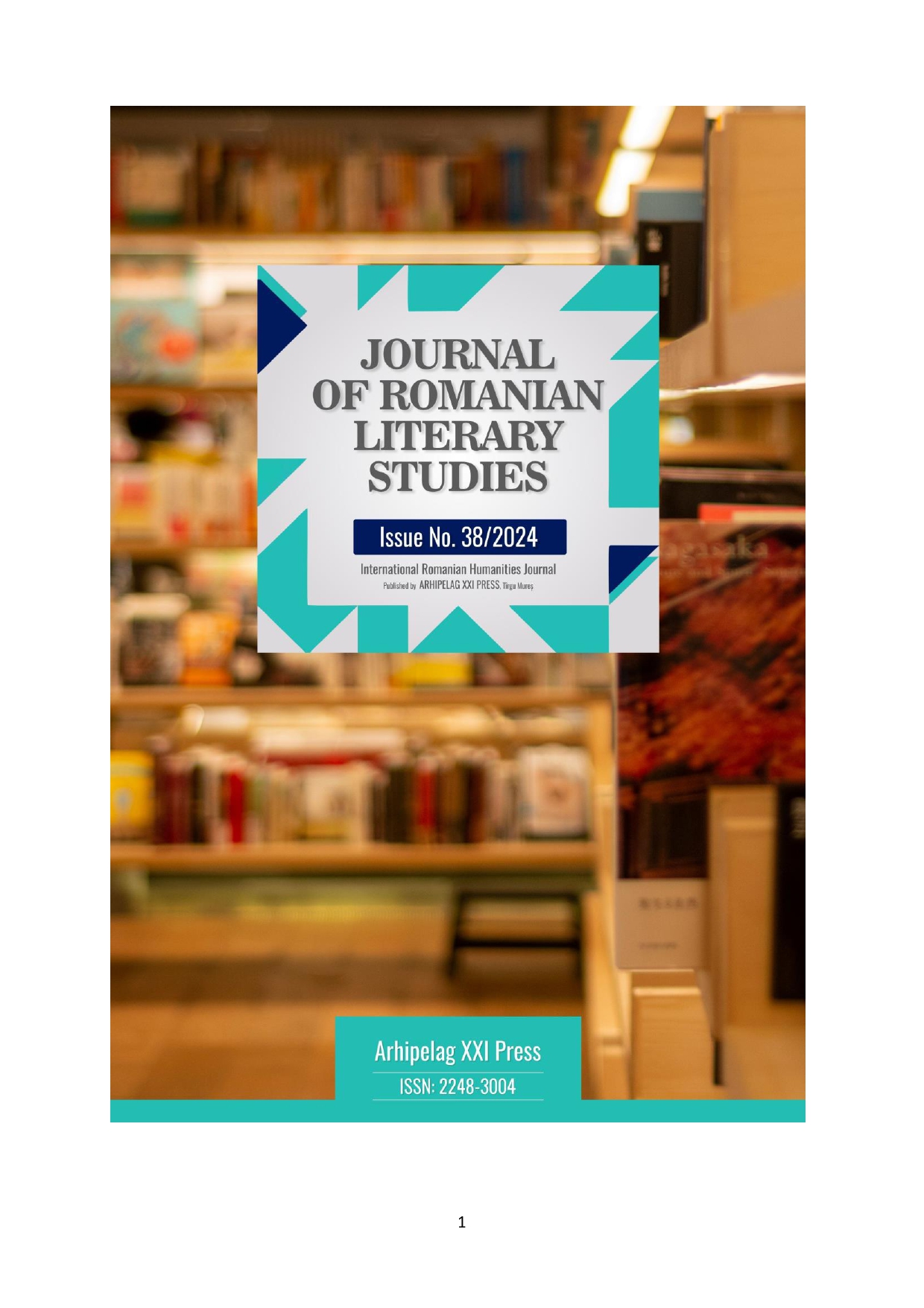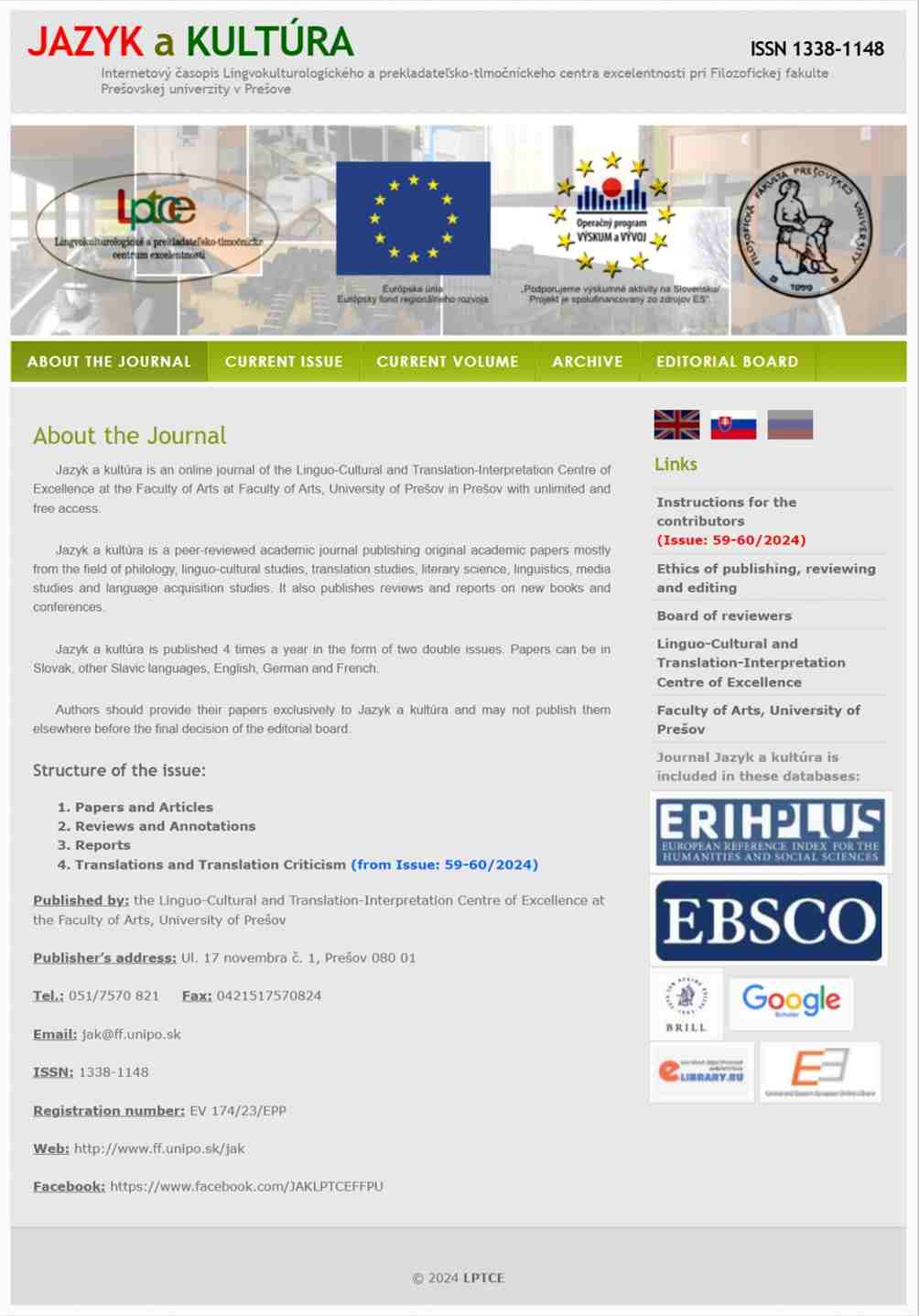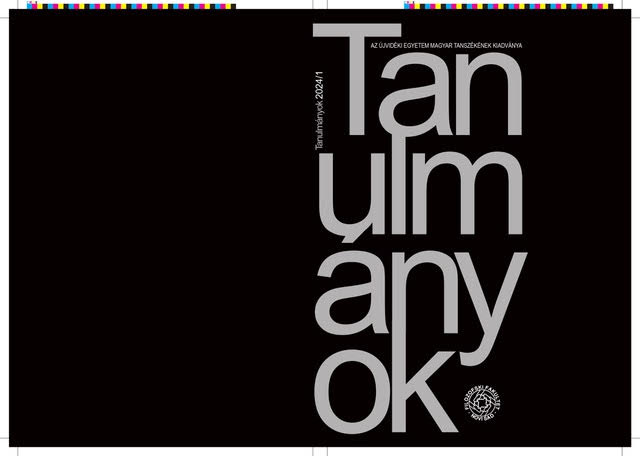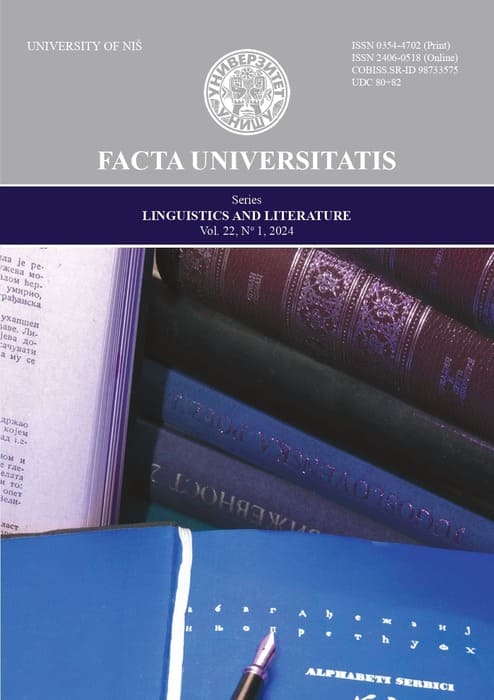Author(s): Olga Kosovych / Language(s): Russian
Issue: 2/2019
Dynamics of language, its ability to innovate, to create neologisms makes it possible to perform more complex cognitive-discursive functions, contributing to the reflection in the linguistic consciousness of the phenomena that are nominated. Neologic research acquires relevance focused on the occurrence of interactions between the well-established and accepted usage of the system of the Ukrainian language. This interaction reflects the process of harmonisation of the language system and the conceptosphere of modern society that is changing rapidly. Lexical changes in the language system are caused, as it is noted, primarily by extralinguistic factors. Denotation of new objects, events, concepts, realities, new words, new meanings of known words, new phrases are therefore the main characteristic feature in determining the nature of neologisms, new words. Categories of this type are considered by most researchers of neologisms. The formed neologisms as a result of these processes, do not represent new objects and concepts, and are used for names of words that already exist. According to my observations, among the neologisms introduced into the registers of lexicographic works, complex words dominate. The first is the formation of new words based on word-formative possibilities inherent in the language itself. These capabilities are being implemented, but with degrees intensity varying. In the formation of new words one notes a high activity of the prefix нео-, meaning renewal, of the prefix суб-, meaning fitting under something or near something, subordination, etc.
More...
